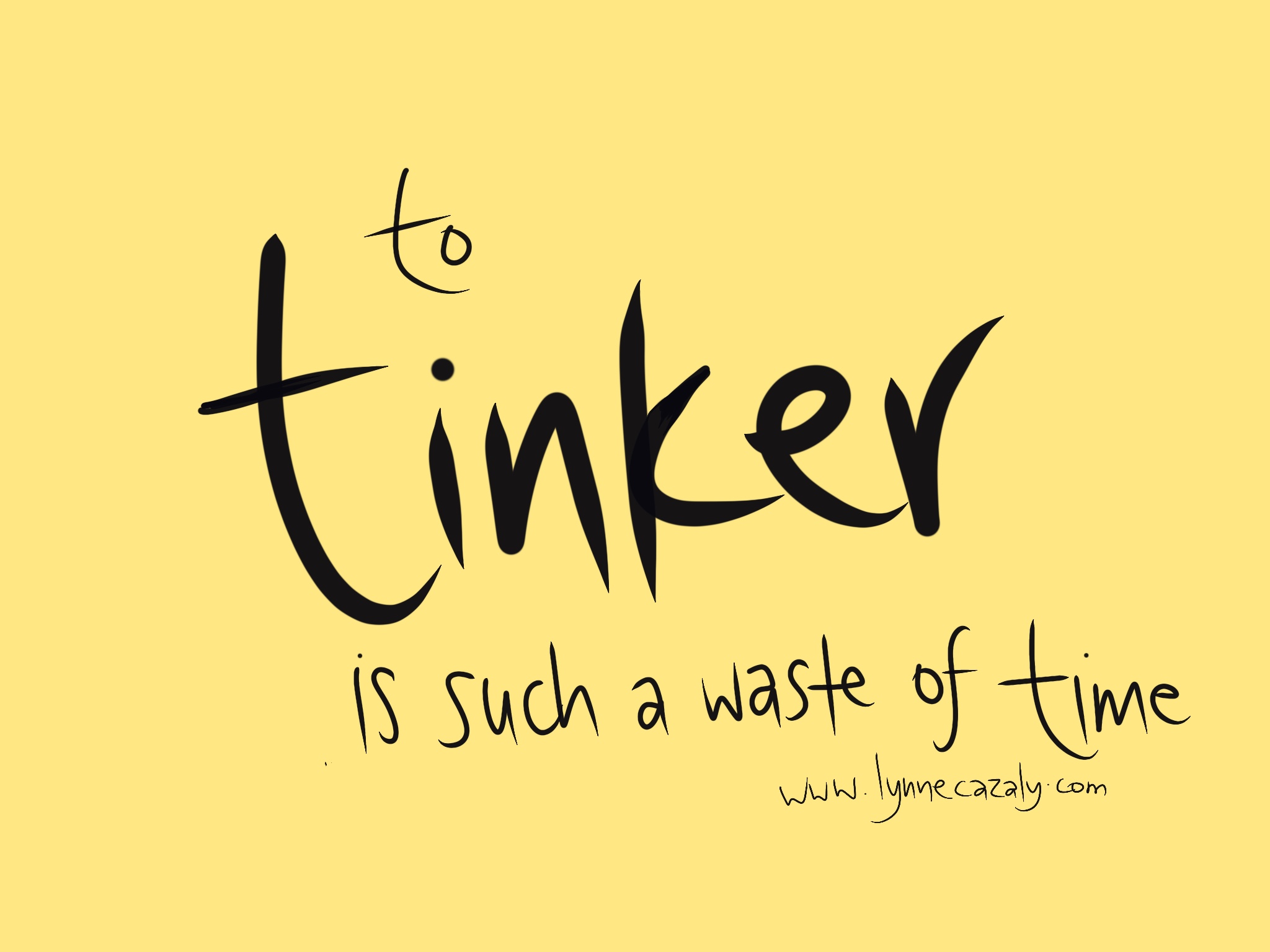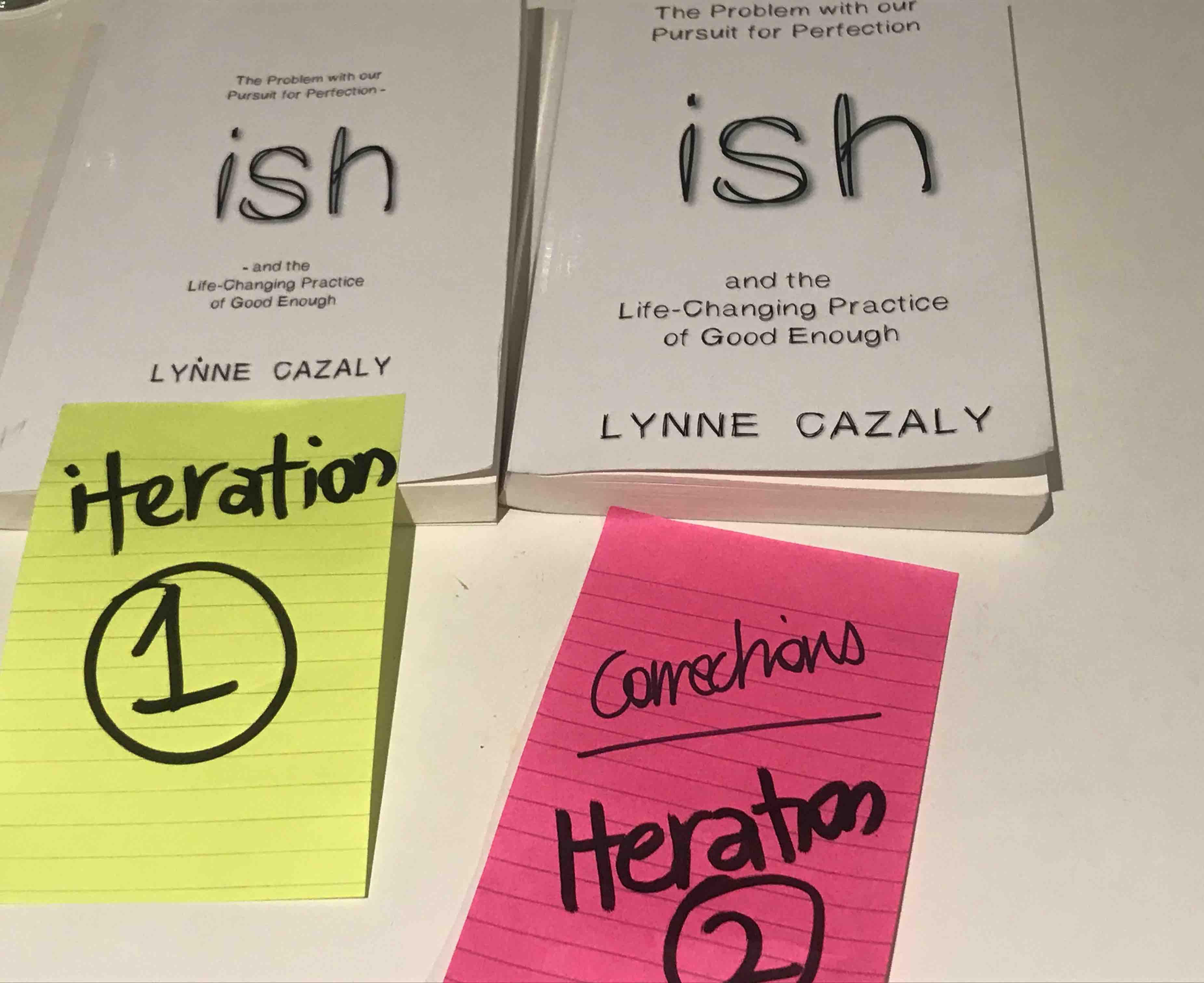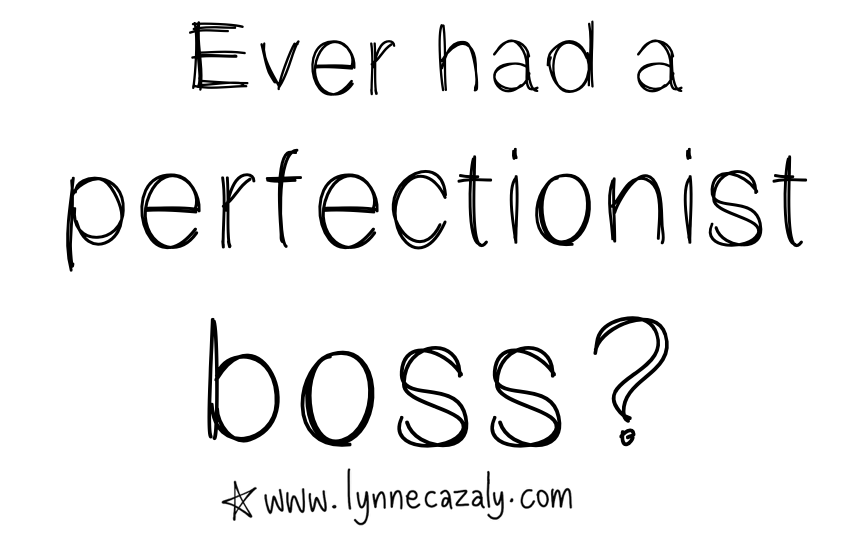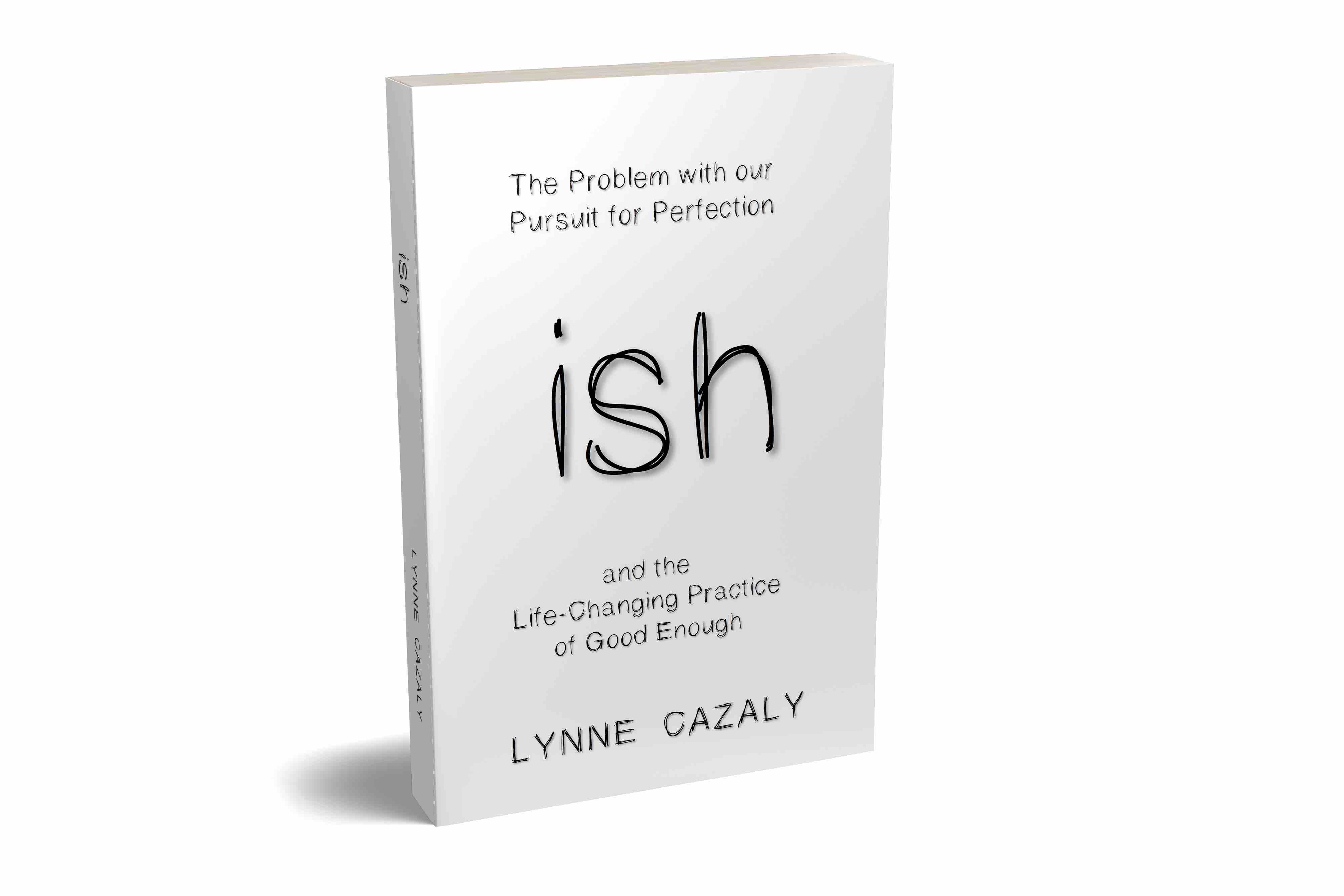Tinkering kills productivity
 Monday, June 24, 2019 at 9:11PM
Monday, June 24, 2019 at 9:11PM Tinkering. It's one of the top productivity killers in the workplace today.
 You know how it goes ... you've got a presentation, report, something to get 'done'. And you start it. But then when do you stop? When is it 'done'? Hour after hour. Possibly day after day. For some important reports and presentations it even becomes week after week. (month after month anyone?)
You know how it goes ... you've got a presentation, report, something to get 'done'. And you start it. But then when do you stop? When is it 'done'? Hour after hour. Possibly day after day. For some important reports and presentations it even becomes week after week. (month after month anyone?)
Tinker tinker tinker. We fiddle, adjust, move the shape a little to the left, a little to the right, change the font, change the size, change a word here and there. Change things back again. Re-read, change, edit, fix and fiddle.
This is tinkering with information and communication. And it's a massive time waster.
In our efforts to make something 'better' we often spend - or waste - an inordinate amount of time on the things that are less important. Our perception of what constitutes 'value' is skewed; skewed and distorted by our desire to make things look good, impressive, clever, perfect. After all, it reflects on us - doesn't it?
Do you tinker? How do you know when something is 'good enough' to go?






















